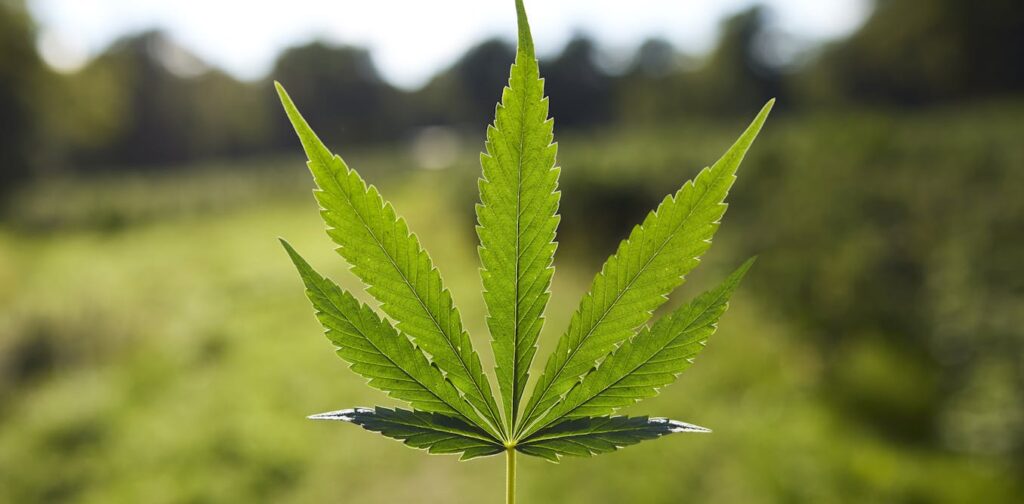Understanding the Global History and Cultural Significance of Cannabis
Cannabis, a plant with a rich and complex history, has been intertwined with human culture for thousands of years. Despite its increasing acceptance in many societies, misconceptions abound regarding its applications, particularly in Africa. This article explores the multifaceted uses of cannabis, its medicinal potential, and the ongoing issues surrounding drug policy reforms.
The Origins and Evolution of Cannabis
Cannabis originated in central Asia millions of years ago. Its use spread across Eurasia, with evidence indicating that humans began utilizing its seeds and fibers over 12,000 years ago. By approximately 5,000 years ago, societies in south Asia were consuming cannabis as an edible drug, and its presence reached east Africa more than 1,000 years ago.
Historical Significance
The long-standing global prohibition of cannabis over the past century has obscured the understanding of how humans have historically connected with this plant. In particular, the roles of African cultures and the African diaspora in the plant’s history remain largely overlooked.
Reasons to Study Cannabis History
Exploring cannabis history is critical for several reasons:
- Identifying New Uses: Understanding historical applications of cannabis could lead to potential new uses.
- Improving Management: Insights into why cultures have valued cannabis can enhance contemporary management strategies.
- Cultural Influence: Analyzing its historical significance can shed light on African contributions to global culture.
- Economic Inequities: Investigating how cannabis is currently being commodified reveals economic disparities within the global market.
Medicinal Potential: Insights from Africa
The medicinal properties of cannabis, particularly in the African context, are gaining increased attention. Advocates for medical cannabis frequently reference its historical use, though many narratives often focus on affluent societies, neglecting long-standing African practices.
Historical Observations
In the 1840s, a British physician noted that central Africans viewed cannabis as:
"a great promoter of exhilaration of spirits, and a sovereign remedy against all complaints."
This highlights the potential for exploring cannabis as a treatment for conditions like post-traumatic stress disorder and anxiety.
Labor and Cannabis: An Exploitative History
Understanding the value of cannabis within African societies allows for a more comprehensive examination of the social dynamics surrounding its use. Historically, cannabis has been utilized as a stimulant and painkiller among laborers, facilitating the demands of hard work.
Observations from Travelers
European observers noted that porters in Africa often smoked cannabis before commencing their daily labor. A Portuguese account from Angola stated:
"It wakes them up and warms their bodies, so that they are ready to start up with alacrity."
This indicates that cannabis was not merely a recreational substance for these laborers but was integral to their working lives.
African Contributions to Global Culture
The transmission of cannabis across the globe was often linked to exploitative relationships, including slavery and wage labor. Evidence suggests that psychoactive cannabis made its way to the Americas through enslaved Africans, fundamentally influencing local cultures.
Linguistic Legacy
Many modern terms for cannabis derive from African languages. Notably, the word "marijuana" has roots in the Kimbundu word mariamba.
Innovations in Consumption
Eastern Africans were pioneers in the use of smoking pipes, discovering that this method was a more efficient way to consume cannabis compared to edibles. Modern devices like hookahs and bongs trace their origins back to these ancient practices.
Navigating Drug Policy Reforms
The changing landscape of cannabis laws worldwide has led to the emergence of lucrative markets. However, the benefits of these reforms have largely accrued to businesses in wealthier nations while neglecting local communities in Africa.
Unequal Benefits
- Limited Access: Drug policy reforms in Africa often do not extend to local citizens, with licensing fees rendering participation in the industry unattainable for many.
- Ongoing Prohibitions: Traditional uses of cannabis continue to face legal challenges, even as export markets thrive.
Neocolonial Dynamics
The landscape of cannabis policy in Africa exemplifies neocolonialism, with foreign investors capitalizing on resources that historically belonged to African communities. Furthermore, many successful cannabis industries rely on genetic diversity sourced from Africa, developed through generations of local farmers.
The Path Forward
As many societies begin to understand that criminalizing cannabis has not effectively curtailed its use, a shift toward decriminalization is underway in various African nations.
Challenges and Considerations
Addressing complex questions surrounding cannabis policy is vital. For African countries to fully benefit from their cannabis resources, reforms must prioritize local communities and ensure equitable participation in the emerging market.
In conclusion, studying the multifaceted history and cultural significance of cannabis is essential for understanding its potential in contemporary society. A thorough appreciation of its past can provide valuable insights into how to shape a just and equitable future for cannabis in Africa and beyond.
Further reading on this crucial topic can expand your understanding of cannabis policy and its implications for society: Cannabis Policy Changes in Africa: A Double-Edged Sword.


